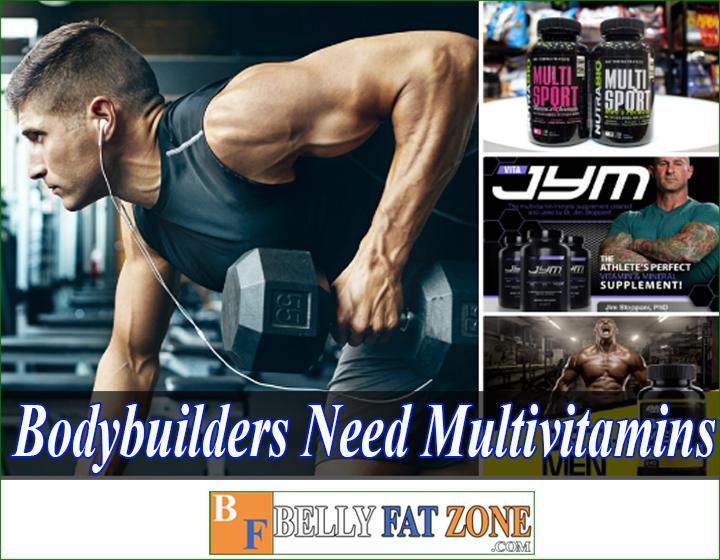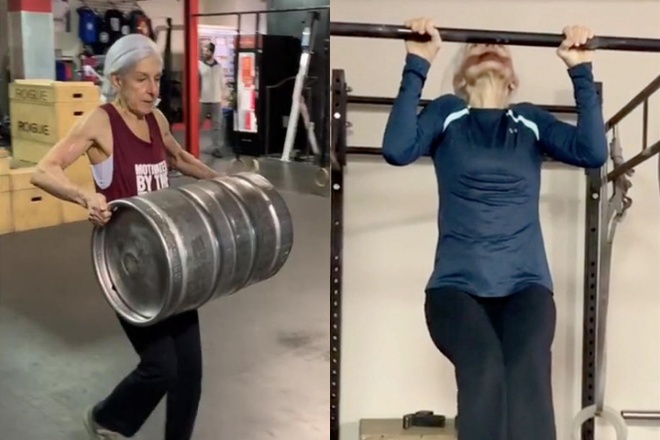One of the best cardio exercises anyone can do, and that doesn't require difficult techniques or personal trainers, is running.
You can jog on the treadmill; you can jog in the street around your house in the park or anywhere; even you can jog in place still bring great effects in increasing overall health and maximum support in burning excess body fat.
However, for long-distance runners, the most important factor is the nutritional content for your body before you run long distances and during your long run.
Because the marathon is one of the many calorie burners, it burns a lot of fat, and of course, if you do not provide enough nutrients, your body burns your muscles to fuel you to run.
And one thing is for sure; you definitely don't want your body to burn all your muscles for running energy, right?
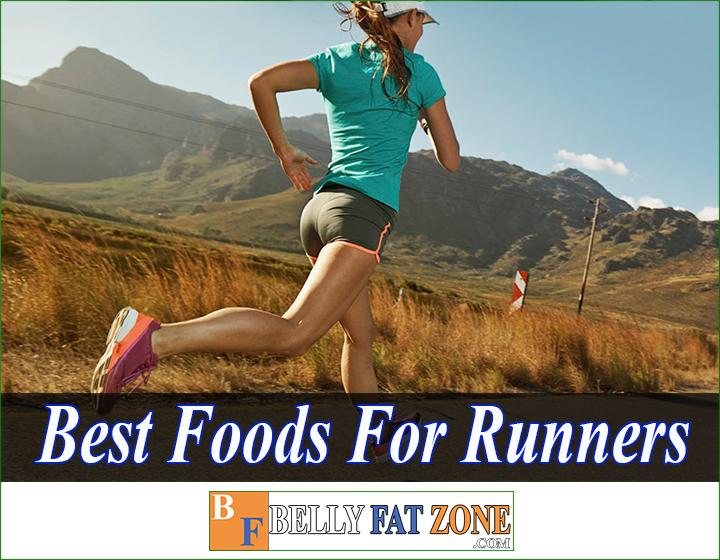
This article invites you to refer to several nutrients and foods that support energy storage before running long distances. During long-distance runs, you should add while helping you achieve efficiency maximizing exercise to reduce fat and minimize muscle loss after long-distance runs.
Read more: Should I Listen to Music While Running? Unsafe Things You Need to Know
If you are a runner, then you can not ignore the good food for runners. Next time you go to the market or supermarket, don't forget to put these in your basket. Now BellyFatZone invites you to refer to this article together!
The food is good for runners.
To run well and complete the races well, practice alone is not enough. The nutrition for runners also contributes significantly to improving your running speed and performance.
Not only that, but they also reduce the risk of injury and ensure your health. What should runners eat? Record the list below in your notebook.
1. Banana
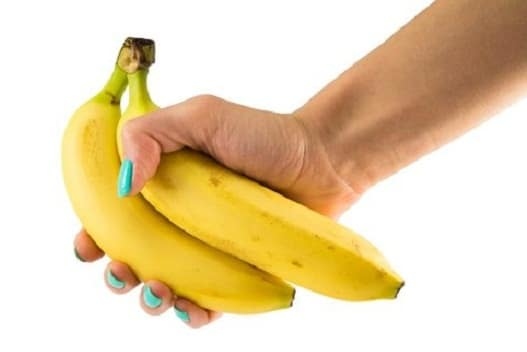
If you need a plentiful carbs source to regain energy for an afternoon run, bananas are a more affordable option.
Bananas contain a good amount of potassium (about 400mg). This is especially important if you run long distances or run in hot weather, sweating a lot leading to the loss of many valuable minerals.
Make up for the loss with a banana.
Like many other minerals such as sodium, magnesium, and chlorine, potassium helps compensate for lost levels and lower blood pressure.
2. Oats

The oatmeal is perfect for your pre-jogging breakfast. Oats have a significant amount of carbs and are loaded with fiber.
The starch in oats has a low GI, so they don't spike blood sugar quickly but provide and maintain energy for a long time, helping you feel full longer.
That's why oats are on the list of what good runners eat!
3. Peanut butter

Opt for pure peanut butter, with no added additives like sugar, salt, or oil. This avocado is a good source of vitamin E – the most effective antioxidant of all vitamins.
Peanut butter also provides a significant amount of fat, mainly monounsaturated and polyunsaturated fats, helping to reduce harmful cholesterol levels in the blood.
At the same time, it also contributes to strengthening the immune system, speeding up the recovery process after running, and preventing injury.
This dish is also a perfect source of protein to help build muscle.
And more importantly, spreading a piece of peanut butter on whole-grain bread is delicious with nothing to say, great for a snack.
4. Broccoli
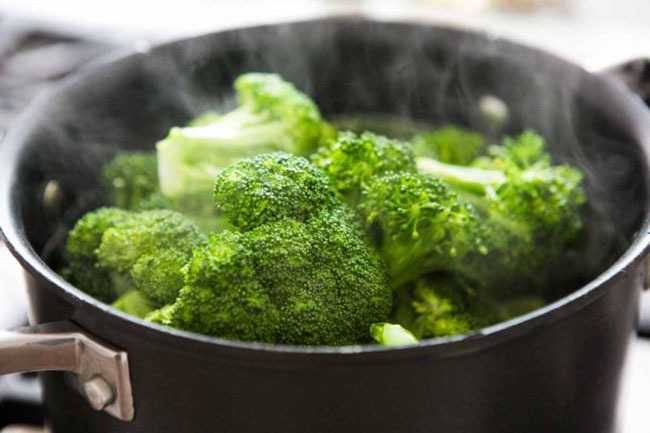
This green vegetable is packed with vitamin C, which prevents and relieves muscle pain after intense exercise.
It also “promotions” to add more calcium, folic acid, and vitamin K to strengthen bones. Are these reasons enough for broccoli to appear on a runner food list?
5. Yoghurt
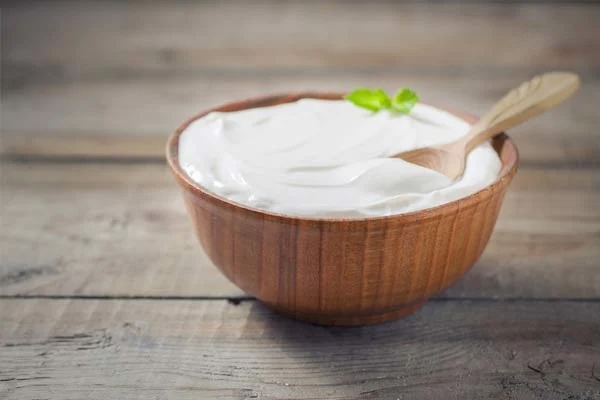
Yogurt is a perfect combination of carbohydrates and proteins and contains many essential amino acids (amino acids the body cannot synthesize but must be obtained from food).
The best time to load yogurt is right after running to speed up the recovery process, protecting muscles.
The calcium in yogurt also “cares” for your bones to be stronger. Probiotics are responsible for improving intestinal function.
6. Dark Chocolate
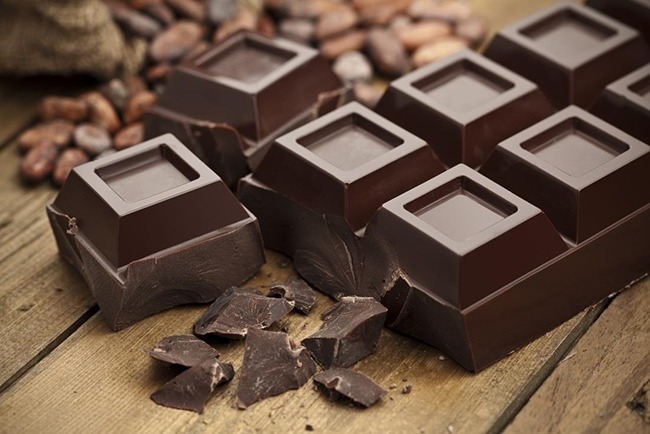
Dark chocolate is a type with at least 70% cocoa and will make you feel less guilty like eating other candies.
It contributes to lowering blood pressure and cholesterol. A substance called flavanols found in chocolate bars can also help reduce inflammation.
If you do not know, eating this candy can also improve your psychology. Sipping some chocolate with some nuts is perfect for lazy afternoons.
7. Whole grain pasta
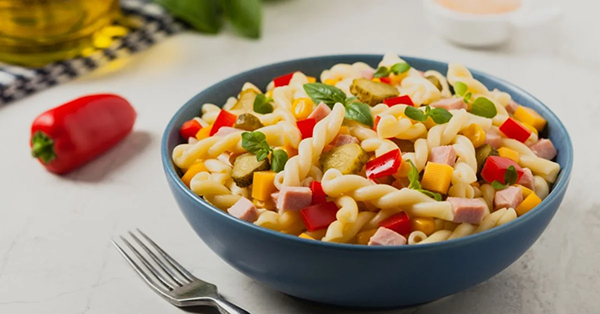
It is not natural for people to hold pasta parties the night before a marathon.
This carbs-rich meal will fill your glycogen needs, store and fuel your race.
When buying pasta or bread, choose one made with whole grains as it keeps you fuller for longer and is fortified with B vitamins.
These micronutrients are essential for building muscle and improving stamina, as well as training performance.
8. Coffee
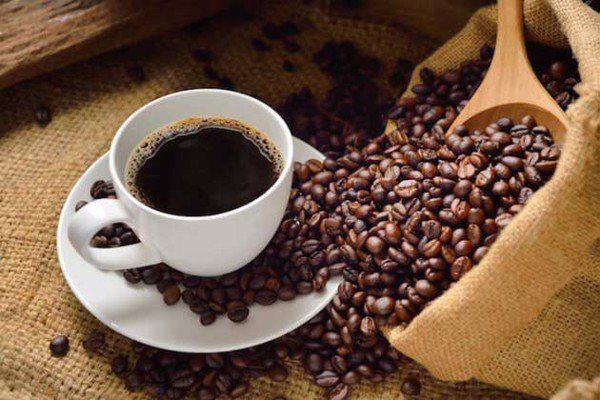
Studies have shown that a cup of coffee will increase the intensity of your exercise. Caffeine stimulates you to run faster.
You must drink black coffee without added sugar or milk. Many people still think that coffee dehydrates the body, but this is not true.
Coffee only increases your urine output, which means you have to go to the bathroom more times, and this wouldn't be great if you were in a marathon, right?
Another note is that if you are not used to drinking black coffee before the race, you should not use it.
9. Potatoes
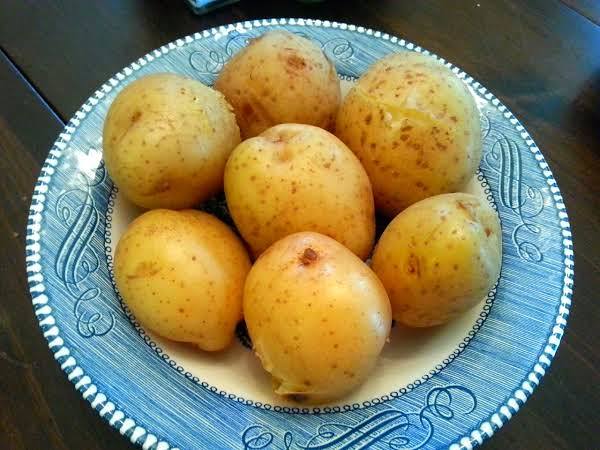
Like bananas, potatoes are also good food for runners because they provide a valuable source of potassium. It also provides a huge amount of calories (110 calories in a potato) and carbohydrates.
Vitamin C has an antioxidant effect that increases resilience between workouts; vitamin B6 participates in the metabolism of amino acids and proteins to help muscles grow.
Did you know that eating 1 large sweet potato can make up for most of the vitamin A needed each day?
This vitamin acts as an antioxidant, improves vision, strengthens bone tissue, and promotes the immune system's health.
10. Almonds
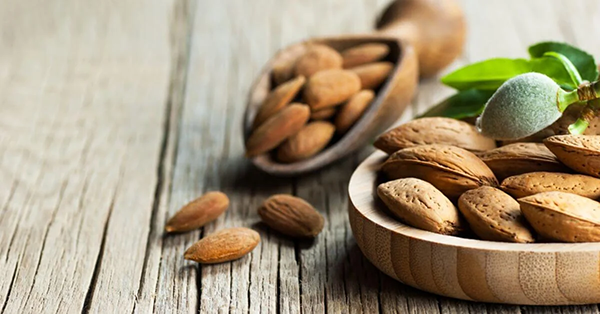
Runners should eat a small handful of almonds at least three to five times a week. Nuts, especially almonds, are an excellent source of vitamin E and antioxidants.
Researchers recommend eating nuts every week to reduce cholesterol circulation, especially the type of LDL that causes arteries.
If runners want a healthy heart, do not ignore almonds.
The form of vitamin E found in almonds, called gamma-tocopherol (a form not usually found in dietary supplements), can help fight cancer-causing cells.
You can try eating almonds with salads, smoothies, or dried fruits that are both delicious and rich in nutrients and essential energy.
Alternatively, you can chop the almonds and sprinkle them evenly over the top of the sandwich.
11. Eggs
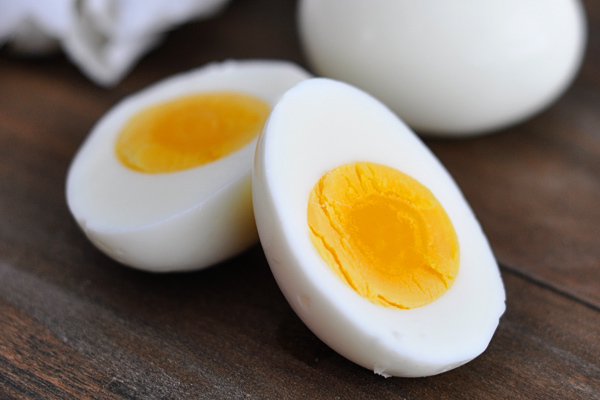
One egg meets about 10% of your daily protein needs.
Protein in eggs is relatively complete, containing many important amino acids that your muscles need to recover and grow after training.
Eggs are fortified with Omega-3, a healthy fat.
Besides, just eating eggs, you can easily absorb up to 30% of the daily vitamin K content, which plays an essential role in bone and joint health.
Eggs contain high choline levels, a nutrient that is very good for the brain, greatly beneficial for memory, and a compound called lectin, which is essential to improve eye health.
Choose eggs that improve omega-3 content to increase healthy fat absorption.
You also don't need to worry about cholesterol when eating eggs. Many studies have shown that egg eaters have a lower risk of heart disease than those who don't.
12. Sweet potatoes
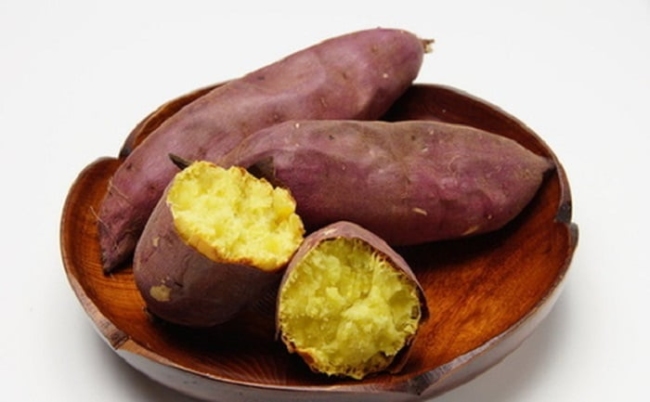
A 100-calorie sweet potato meets more than 250% of the body's daily need for vitamin A in the form of beta-carotene – a powerful antioxidant.
Sweet potatoes are also a good source of vitamin C, potassium, iron, and manganese.
Many runners have trouble getting enough manganese and copper every day, as these two minerals are essential for muscle function.
Many runners do not meet the requirements for the amount of manganese they need, so muscles are not healthy, and exercise performance is reduced. Boiled or baked sweet potatoes are both delicious and easy to sip.
13. Whole grains

Ignore refined or sugary grains. Instead, prioritize whole grains with at least 5 grams of fiber and 8 grams of protein.
Fiber helps to lower cholesterol levels, reduce the risk of heart disease.
Most importantly, it supports bowel function, helps the digestive system work more efficiently so that you do not have unwanted “crashes” while running.
Cereal is best for breakfast, but for post-workout recovery isn't that bad either.
14. Orange
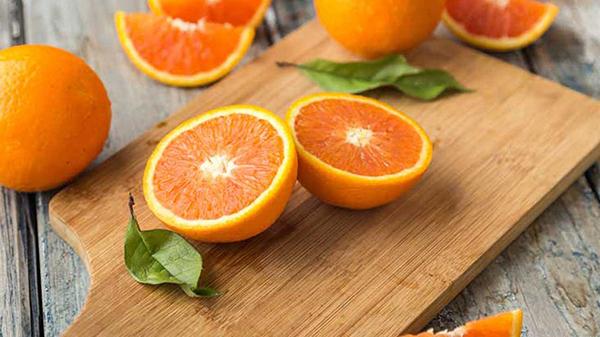
Do you often experience muscle pain after difficult exercises like running downhill? If you refuse to eat oranges, don't blame why. Oranges provide more than 100% of the daily requirement of vitamin C.
This antioxidant helps you cope with heavy exercise without fear of muscle pain.
The antioxidant power comes from the compound hesperidin in the peel of the orange. Hesperidin has also been shown to reduce cholesterol and high blood pressure.
15. Black beans
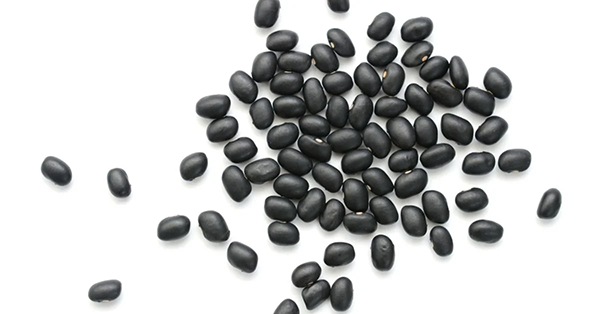
Black beans are loaded with protein, fiber (the most soluble fiber that helps lower cholesterol), folate, and antioxidants.
Like many other beans, black beans have a relatively low glycemic index (GI), so they are released slowly into the body.
Low GI foods can help control blood sugar and increase exercise performance by releasing stable energy.
16. Green vegetable salad
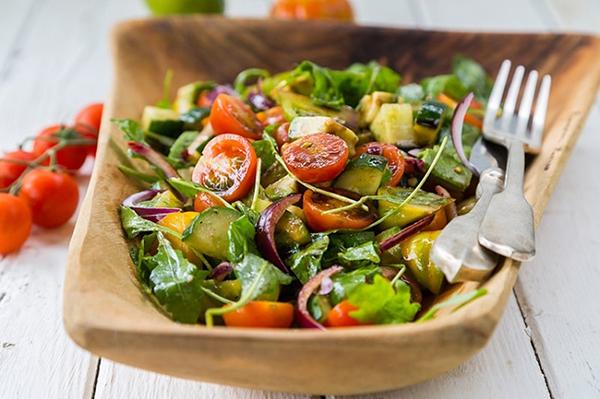
What should runners eat to get the most variety of nutrients? Instead of just choosing a single vegetable, incorporate a variety of vegetables into your delicious salad.
Each vegetable will bring a different nutritional value, help prevent many diseases, increase antioxidant capacity, prevent damage after hard and difficult exercises.
Sauces from olive oil will be both delicious and healthy.
17. Salmon
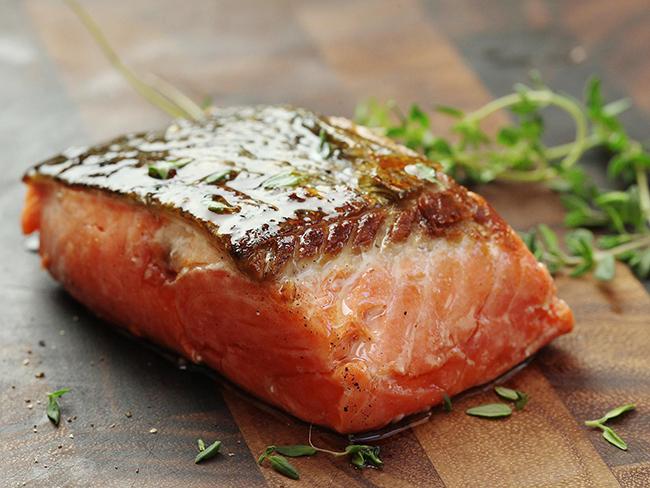
Salmon is known as the king of fish dishes. Besides getting a good amount of protein, you also get more Omega-3 fats when you eat salmon.
These are essential fats that help balance the body's inflammatory response. A recent study found that people with asthma improved exercise after 3 weeks of fish oil supplementation.
18. Chicken
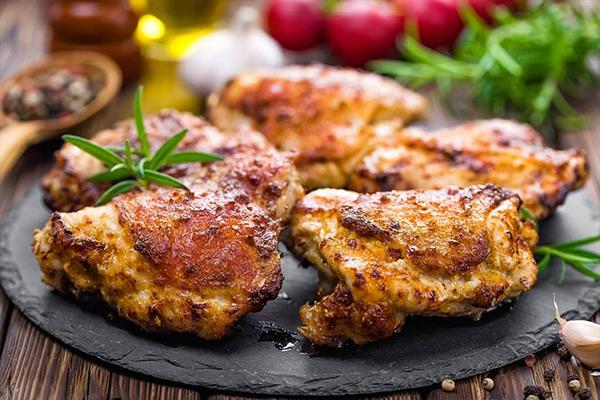
Runners need 50-75% more protein per day, compared to non-runners, to rebuild muscle tissue building and shorten recovery time after sessions—stressful exercise.
Not only does it provide a large amount of protein, but chicken also contains selenium, which helps to protect muscle tissue from the effects of free radicals, which can occur during exercise, and niacin, a vitamin B, helps control the rate of fat burning during a run.
10 Best Recovery Foods For Runners Video:

In addition to the good foods for runners above, always replenishing water is definitely something that doesn't need to be mentioned anymore, right?
I wish the runners are always in the best state to complete their runs.
View more:
- Benefits of Casein Protein Powder and How to Use it Effectively
- Top Foods That Burn Thigh Fat Fast to Have Slender Legs Like Korean Stars
- Lose Weight Salad Recipes For You Easy Make in The Kitchen
References
Hopefully, the information above has helped you to some more knowledge about “best foods for runners” and brought some small value to you, share this article if you feel it is useful. Thanks!
Top Best Selling Nutrition Endurance & Energy Drinks:
Wish you find your favorite product!
